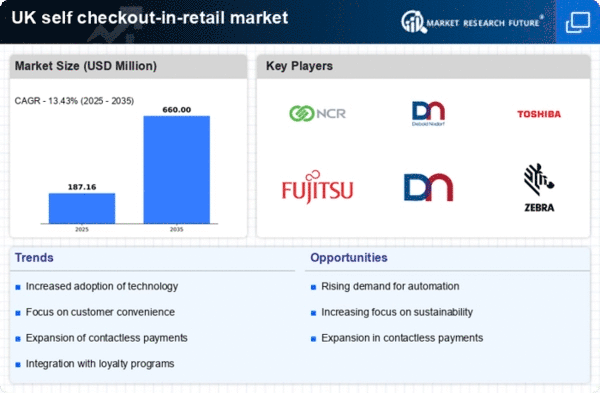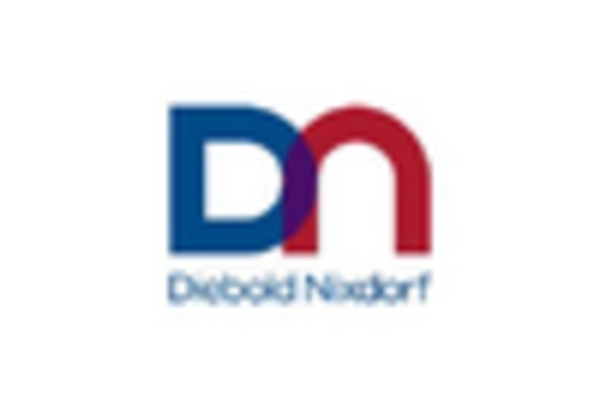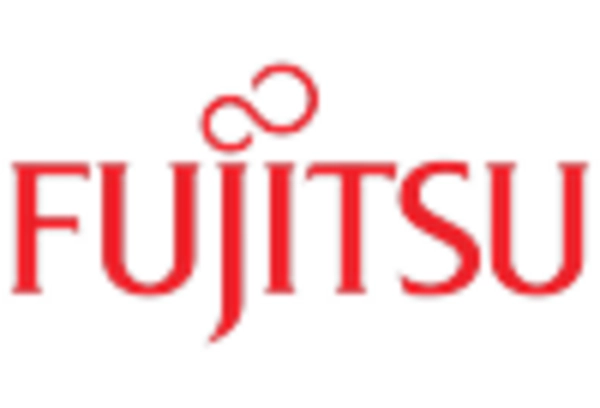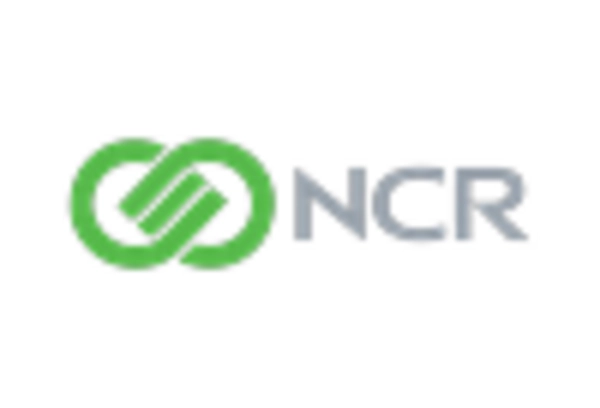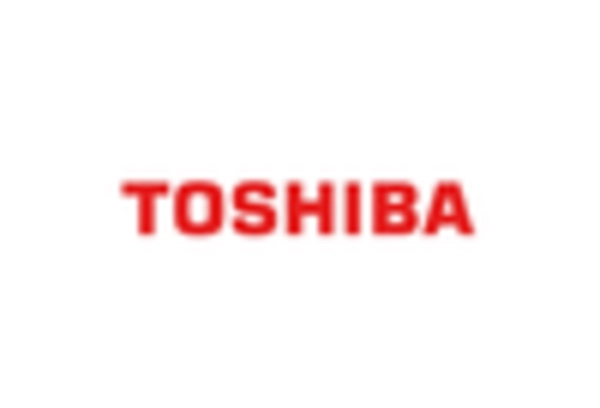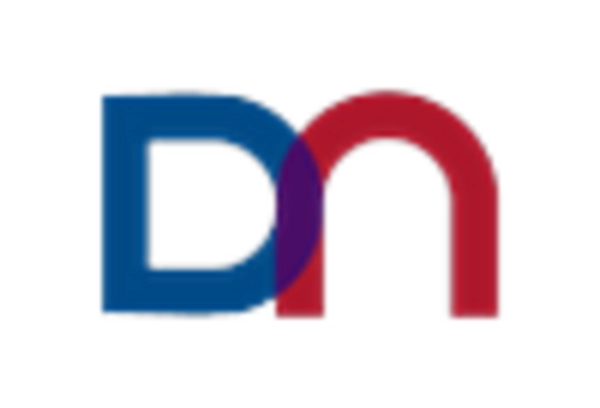Cost Reduction Strategies
Cost management remains a pivotal driver in the self checkout-in-retail market. Retailers are increasingly recognizing the potential for significant cost savings through the implementation of self checkout systems. By reducing the number of staff required at checkout points, businesses can lower labor costs, which can account for a substantial portion of operational expenses. Reports indicate that retailers can save up to £100,000 annually by transitioning to self checkout solutions. This financial incentive is compelling, particularly for smaller retailers looking to remain competitive. Consequently, the self checkout-in-retail market is poised for growth as more retailers adopt these cost-effective solutions.
Consumer Demand for Convenience
The self checkout-in-retail market is significantly influenced by the growing consumer demand for convenience. Shoppers increasingly prefer quick and efficient shopping experiences, which self checkout systems provide. Data suggests that approximately 60% of consumers in the UK express a preference for self checkout options, valuing the ability to complete transactions at their own pace. This trend is particularly evident among younger demographics, who are more inclined to embrace technology in their shopping habits. As retailers respond to this demand by expanding their self checkout offerings, the market is likely to witness sustained growth, driven by the desire for convenience and efficiency.
Increased Operational Efficiency
The self checkout-in-retail market is experiencing a notable shift towards enhanced operational efficiency. Retailers are increasingly adopting self checkout systems to streamline their checkout processes, thereby reducing wait times and improving customer satisfaction. According to recent data, retailers that implemented self checkout solutions reported a reduction in checkout times by up to 30%. This efficiency not only benefits customers but also allows staff to focus on other critical areas of the store, such as inventory management and customer service. As a result, the self checkout-in-retail market is likely to see continued growth as businesses seek to optimize their operations and enhance the overall shopping experience.
Integration of Advanced Technologies
The self checkout-in-retail market is being propelled by the integration of advanced technologies such as artificial intelligence (AI) and machine learning. These technologies enhance the functionality of self checkout systems, enabling features like automated age verification and personalized shopping experiences. Retailers are increasingly investing in these innovations to improve security and customer engagement. For instance, AI-driven systems can analyze shopping patterns and suggest products, thereby enhancing the shopping experience. As these technologies become more prevalent, the self checkout-in-retail market is expected to evolve, offering more sophisticated solutions that cater to the needs of modern consumers.
Regulatory Compliance and Safety Standards
The self checkout-in-retail market is also shaped by the need for compliance with regulatory standards and safety protocols. Retailers must ensure that their self checkout systems adhere to various regulations, including data protection and consumer safety laws. This compliance is crucial for maintaining customer trust and avoiding potential legal issues. As regulations evolve, retailers are likely to invest in self checkout technologies that not only meet these standards but also enhance security features, such as secure payment processing and data encryption. This focus on compliance is expected to drive innovation within the self checkout-in-retail market, as businesses seek to align with regulatory requirements while providing a seamless shopping experience.


